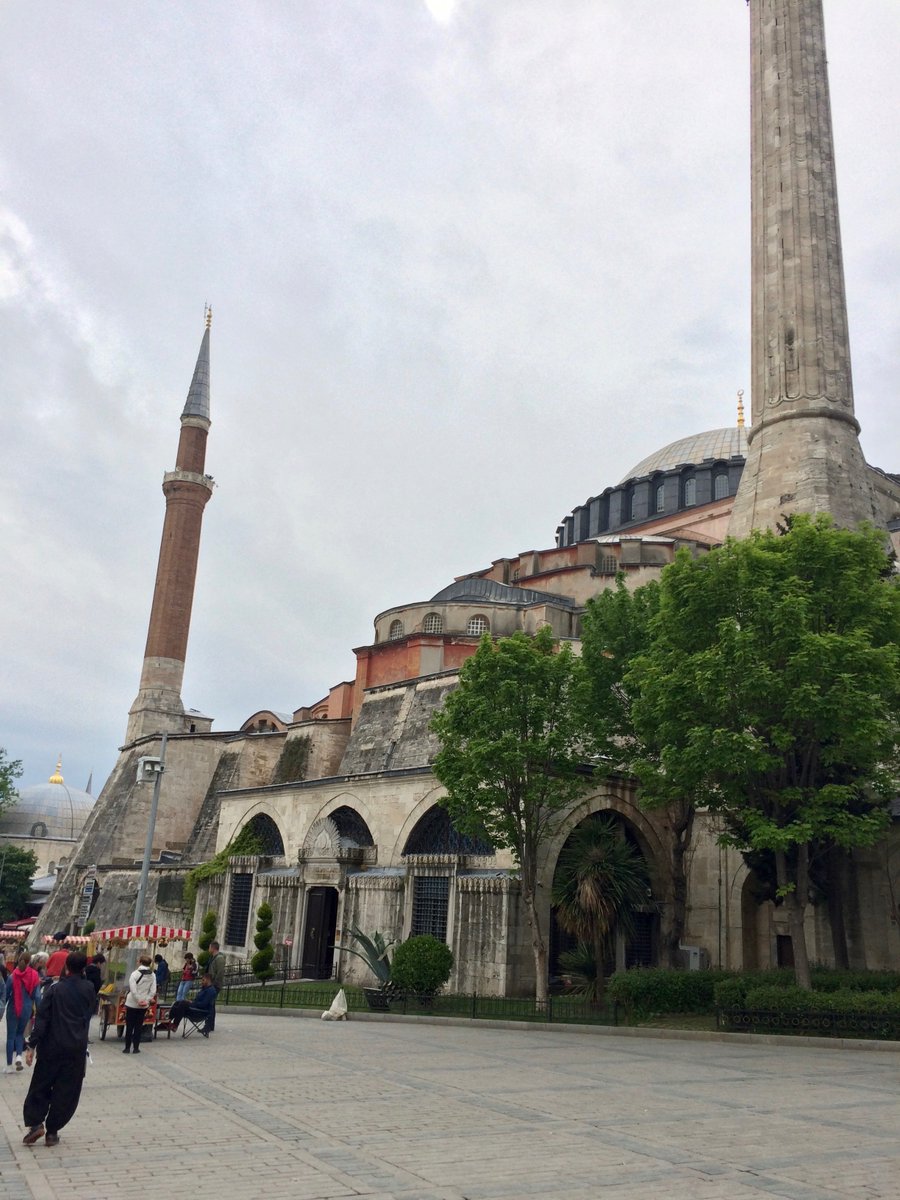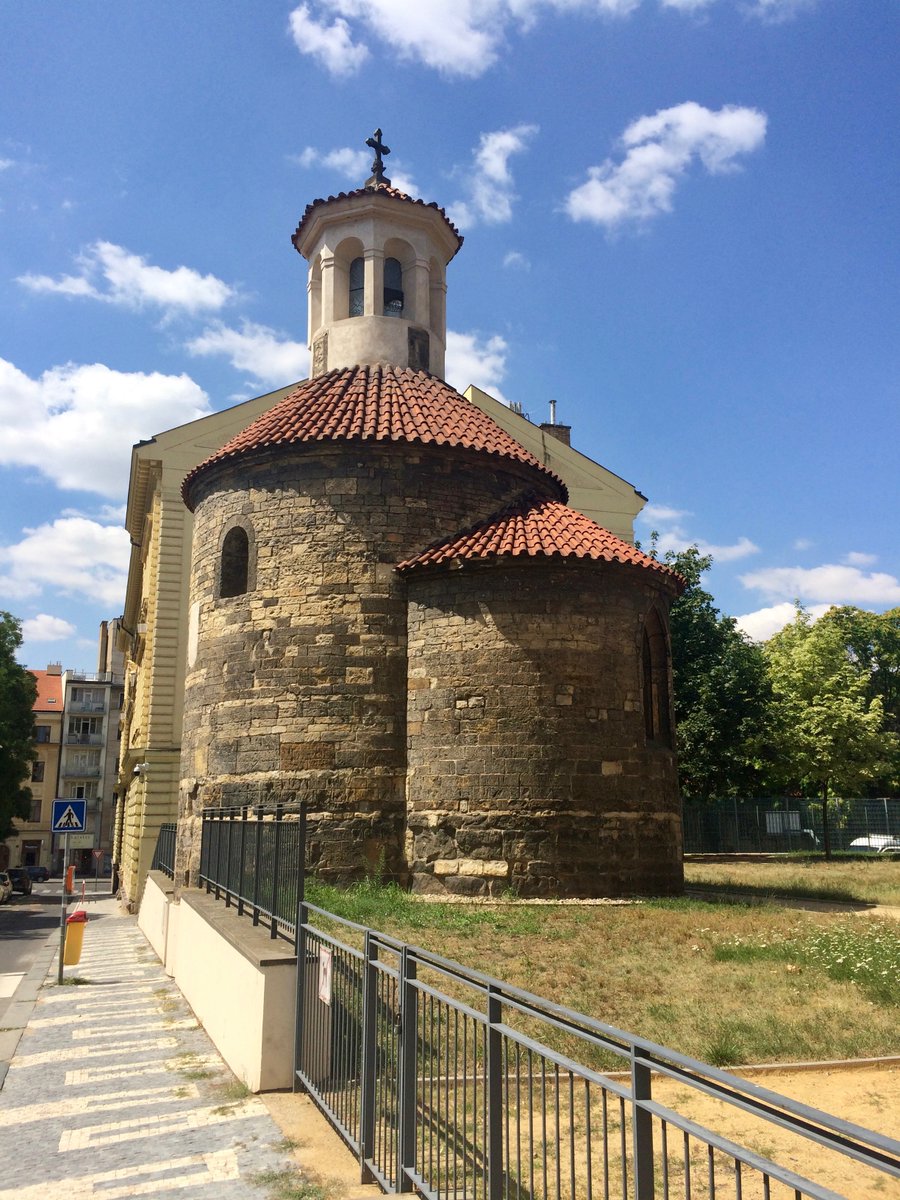This is positively medieval! It is just like in the times of the Roman Republic! That is the new Holy Roman Empire!
Today in #MethodologyMonday thread https://abs.twimg.com/emoji/v2/... draggable="false" alt="🧵" title="Thread" aria-label="Emoji: Thread"> we tackle comparisons with what happened in history.
https://abs.twimg.com/emoji/v2/... draggable="false" alt="🧵" title="Thread" aria-label="Emoji: Thread"> we tackle comparisons with what happened in history.
So, can you compare things to the past? Well, yes but… 1/
Today in #MethodologyMonday thread
So, can you compare things to the past? Well, yes but… 1/
We need to start by saying that historians actually use comparison as a method fairly often. We have encountered one example last week. The Annales school, of which Marc Bloch was a member, was quite fond of the “regression method”. He called it “reading history backwards”. 2/
While it may sound very simple it is actually a difficult trick to pull off. You take the object of your study and you look for information about it in more contemporary sources, which might be more abundant. Then you move backwards until you reach the time that interests you. 3/
Done well the regressive method might allow you to find shards about what you want to study preserved in the later sources. Done wrong it goes all the way south: you end up completely steeped in anachronisms and history standing still. 4/
This is why historians get, you know, "nervous", because oversimplified comparisons to history
happen
all
the
bloody
time. 5/
happen
all
the
bloody
time. 5/
“It’s absolutely medieval!” you say. Sure, what do you mean when you say medieval?
This This
This This
They are all “medieval”. You see where this is going? 6/
This This
This This
They are all “medieval”. You see where this is going? 6/
So is it just despair? Is there an unfathomable abyss between our times and what happened in the past? Will we be never again allowed to say that the pizza we ate yesterday was just like the one Caesar ate?
Fear not, there are ways. 7/
Fear not, there are ways. 7/
Most comparisons with history you encounter are not there to tell you something useful. They are there to be judgemental about various "periods". If you remember our little chat about historical periods those are not what they seem. 8/ https://twitter.com/Calthalas/status/1249652906342653952?s=20">https://twitter.com/Calthalas...
Quite often when an article says “those methods are medieval” it most often means “those methods are brutal, primitive, dirty, and involve eating mud”. It might pretend this is not the case, but it most often is. 9/
So the first rule is: don’t do that. Comparing to history might work, comparing to your own prejudice, not so much. If you avoid that you will very quickly see that actually the key are the differences: without taking them into account we will just fall into anachronism. 10/
If we notice the differences well we also see that big generalisations will rarely work. (Yes, Sticks, Amoebas, and Metal Alloys, I’m looking at you) The comparisons will most often only work in specific, limited examples. Things have changed in the past, sometimes rapidly. 11/
Comparisons on a large scale rarely work and anyways require a grasp on the tiniest details of the subject. For every comparison to work you need a robust model. The small-scale ones are achievable after a lot of work. The big ones? Years of study. 12/
The key is to analyse the mechanisms at play. Think of the causality and think of the scope. Building a historical comparison is (in the best tradition of our physics and maths parallels) like building an equation. It has to balance and it has to respect the rules. 13/
Is coronavirus epidemic directly comparable w/ the Black Death? No! But are the parallels between the consequences of a lockdown in a small community of the 14th C. and today? A very cautious maybe. Can we learn from the texts of medieval monks about living in isolation? Yes. 14/
There is another thing. Almost never (almost: there are cases when we can, you will have to trust me on that) historians can use the = sign. Most of the time we use the ≈ sign. Reason? Nuance. Gaps in knowledge. And the fact that past is a bloody foreign country. 15/
Comparisons with history are extremely useful. There is a lot to be learned from them and they are bread and butter of the historical method. But when you do them properly (by building a models of *mechanisms* to be compared and not prejudices) you actually see how they work. 16/
Is Trump "medieval"? No. But can we learn from the methods of projecting power in the past sth about modern construction of authority? Sure. Are the states in US drifting towards new Holy Roman Empire? No! But is there sth to be learned about state interaction from HRE? Yes! 17/
For a good historical comparison you need then a robust model that will be explicit in the mechanisms you want to compare. You have to find a solid base and be clear about the approximations you make. And then: it can work. 18/
To sum this up. For a good comparison with the past you should go small, stress the differences, not be arbitrary and project the past on to the present instead of projecting your prejudices on the past. Comparisons built on such a model can be useful and enlightening! 19/

 Read on Twitter
Read on Twitter





